
Hong Kong Chief Executive Carrie Lam Cheng Yuet-ngor (center) visits community isolation facilities in Tsing Yi constructed with support from the Chinese mainland. (Photo by EDMOND TANG/CHINA DAILY)
When Hong Kong is in need, the nation always lends a helping hand-as it has with the city grappling with its worst wave of the COVID-19 pandemic to date.
All available resources, including funding, manpower, facilities and other supplies, have been mobilized to help Hong Kong win this battle as residents contend with the distress and uncertainty brought by the omicron variant.
For health workers who have crossed the border to serve on the front line, and those who have remained on the Chinese mainland to assist the operation, there is only one goal-to help Hong Kong compatriots resume normal life as soon as possible.
By Saturday evening, 12 types of medical supplies worth 582 million yuan ($91.94 million) had arrived in Hong Kong from the mainland, including testing kits, protective materials, medicines and disinfectants.
On Saturday alone, the mainland provided 1,880 metric tons of vegetables, 415 tons of fruit and 551 tons of chilled meat to the city.
Hong Kong has successfully coped with four COVID-19 outbreaks, but not its fifth. Since Dec 31, the city has reported 458,986 cases of the disease, some 97 percent of the local total since the pandemic emerged in early 2020. The number of cases has skyrocketed since late January, with daily infections reaching a peak of 56,827 to date on March 3.
The raging outbreak is far beyond Hong Kong's capacity to handle, placing tremendous pressure not only on pandemic control, but also on serving residents' basic needs.
Early last month, the city's daily testing capacity was only 100,000, and it had 5,000 isolation units and 3,000 beds for COVID-19 patients. Crowds waited in many areas to get tested and the price of vegetables soared to unprecedented levels due to a supply shortage.
In view of the critical situation, President Xi Jinping expressed great concern over the pandemic in Hong Kong and ordered all central government departments and local authorities to give the city full assistance. He also stressed that the Hong Kong Special Administrative Region's government should assume the main responsibility for stabilizing the situation.
Following the president's comments, seven high-level coordination meetings were held. Hundreds of medical experts and engineers have arrived in the city to address anti-pandemic bottlenecks, with numerous medical supplies and fresh food being shipped in to ease shortages.
Hong Kong also invoked the Emergency Regulations Ordinance-removing legal barriers and allowing the mainland to send personnel and assistance to the city.
With the nation's wide-ranging support, Hong Kong is now preparing for COVID-19 testing throughout the city this month, with the daily testing capacity expected to exceed 1 million. The number of isolation units will also rise to 70,000.








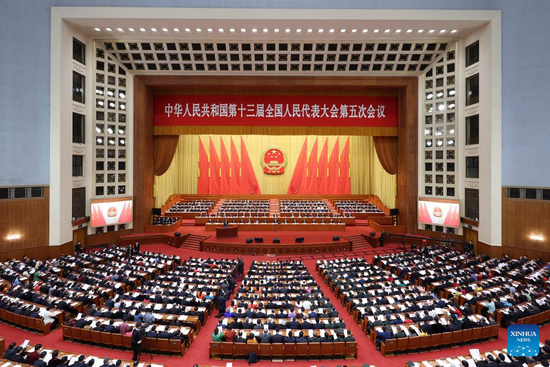
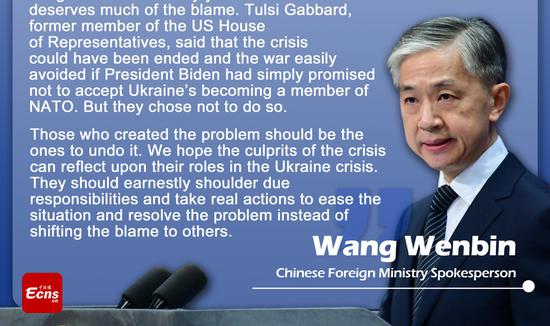
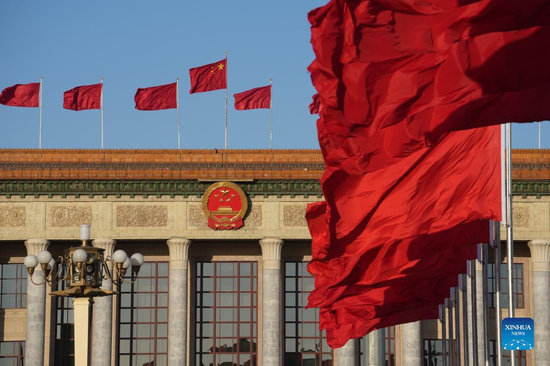
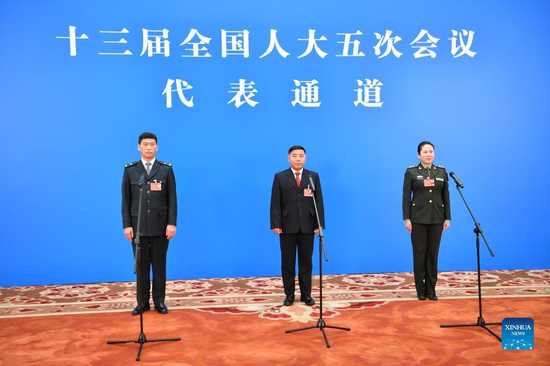
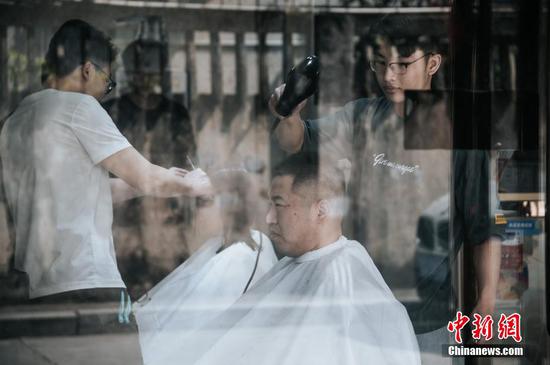
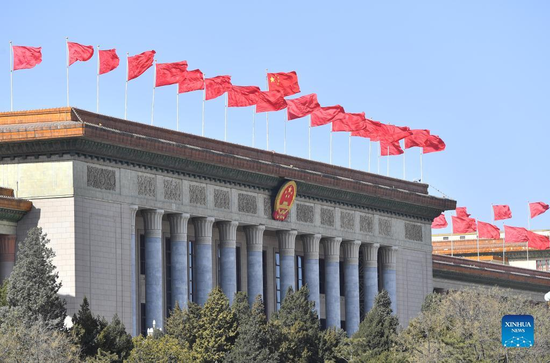
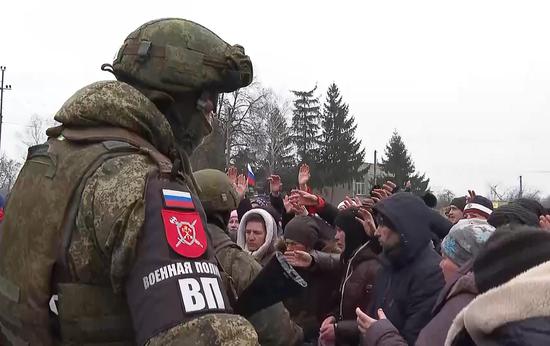
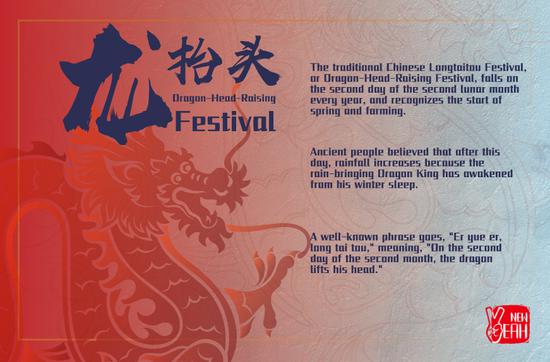
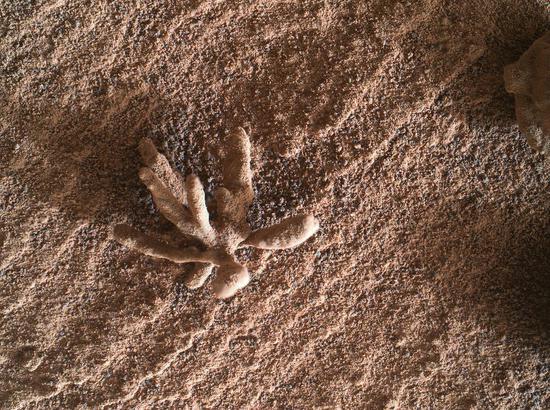
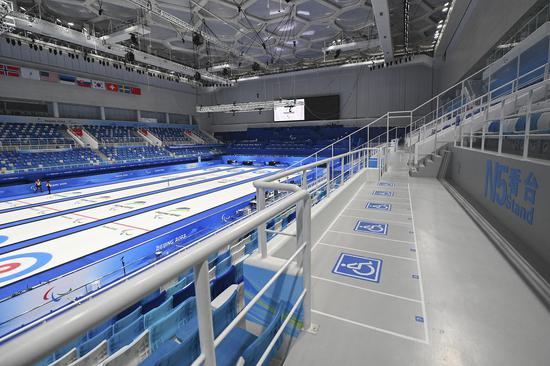
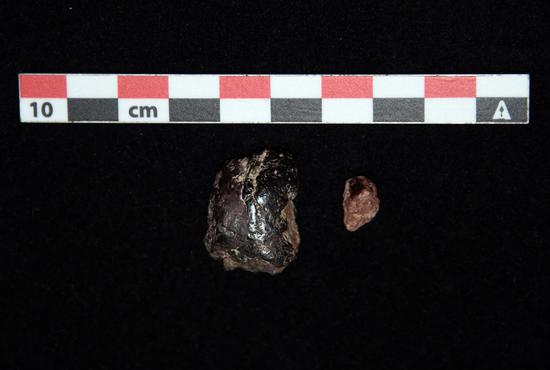
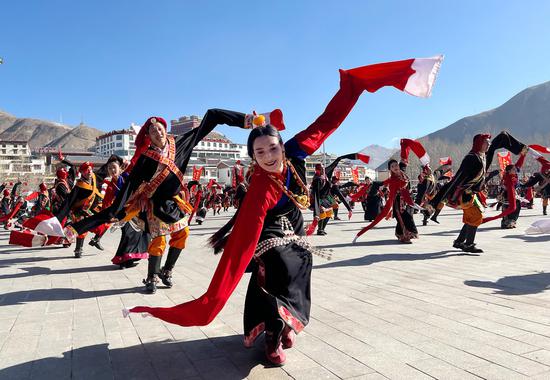

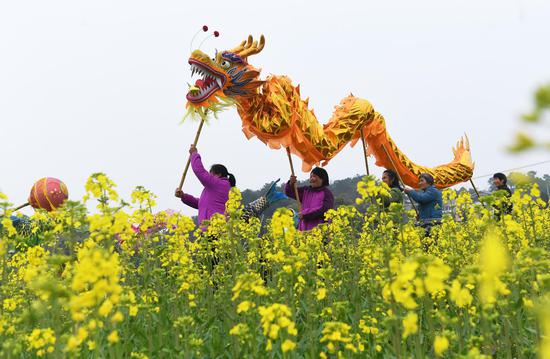
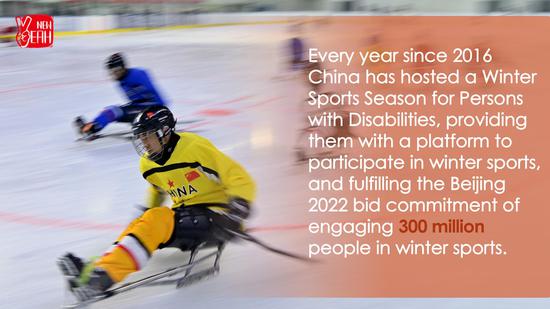
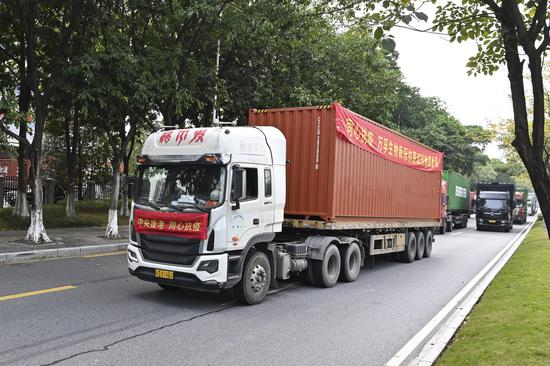
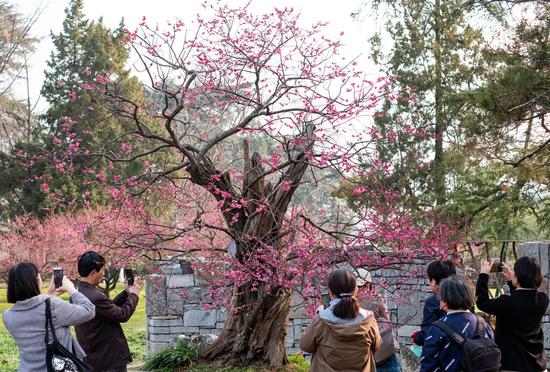


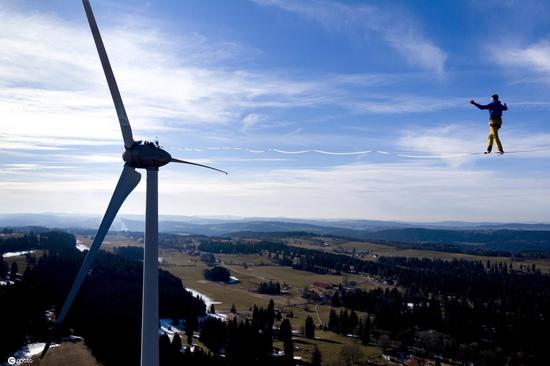
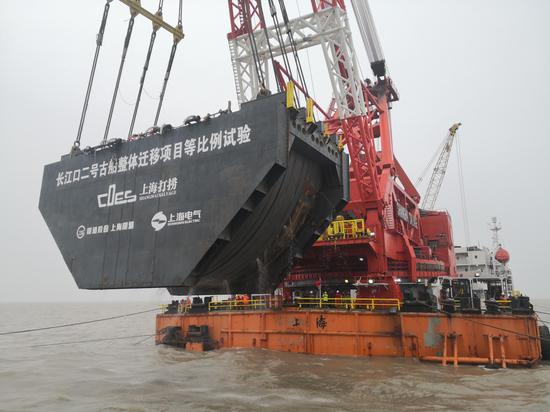
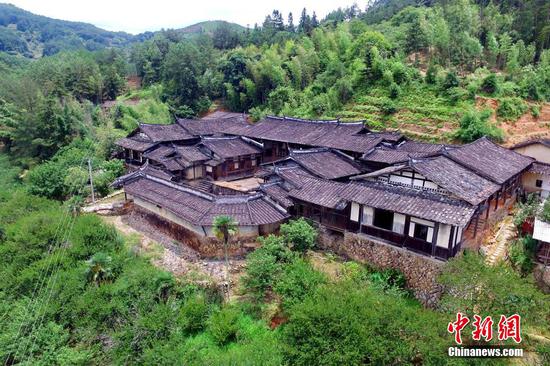
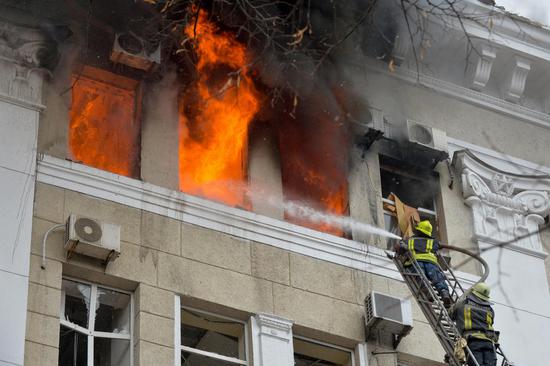
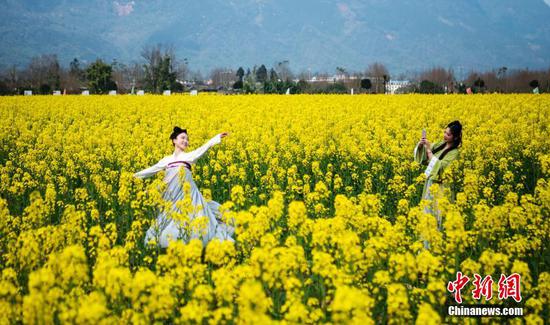
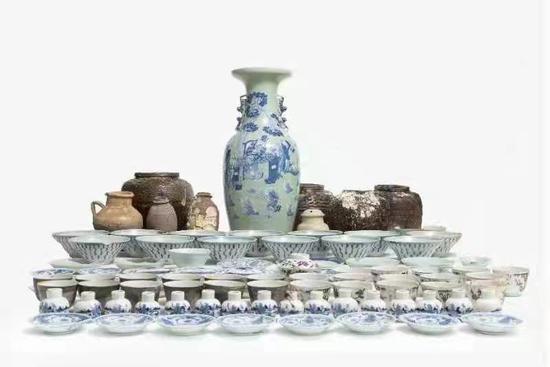
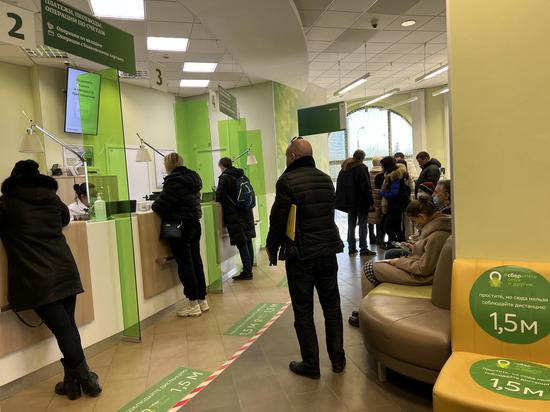
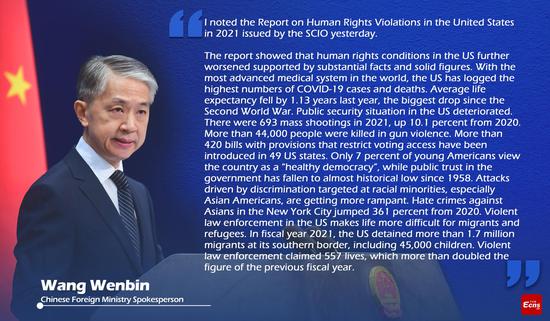
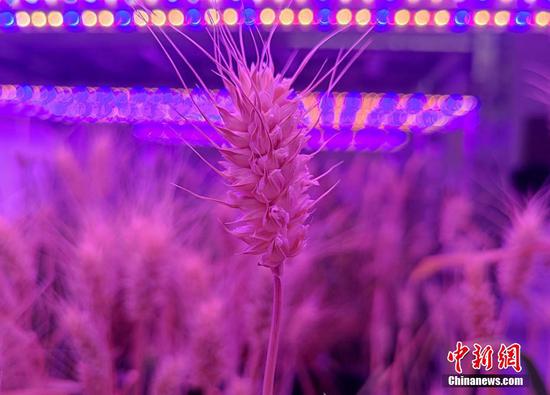
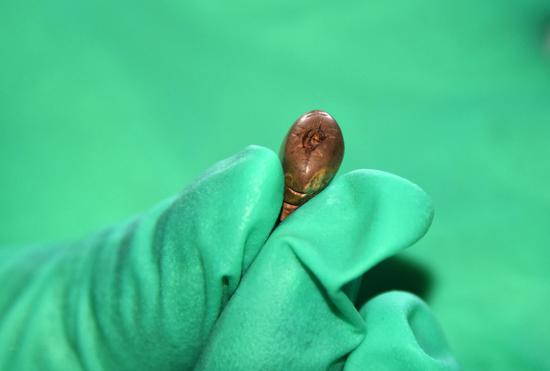
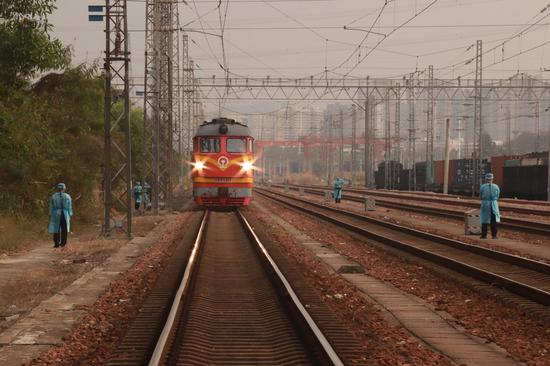

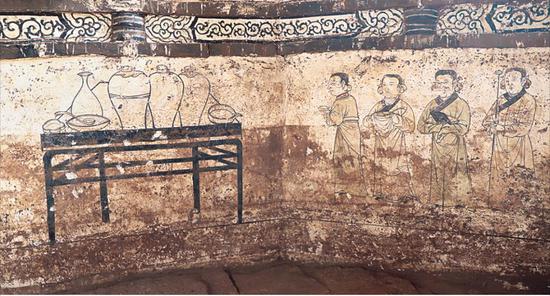
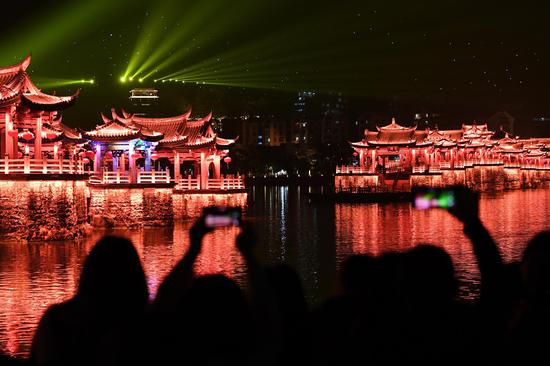
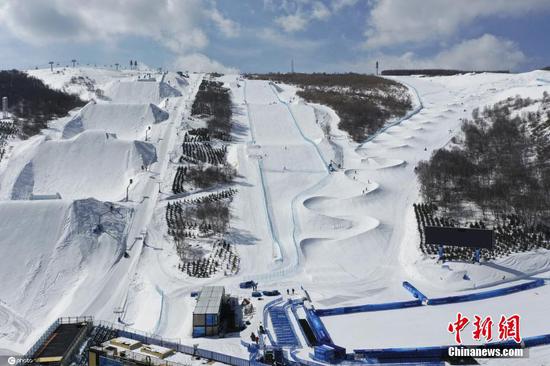
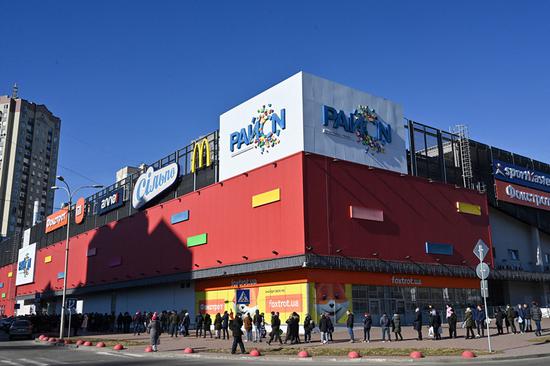
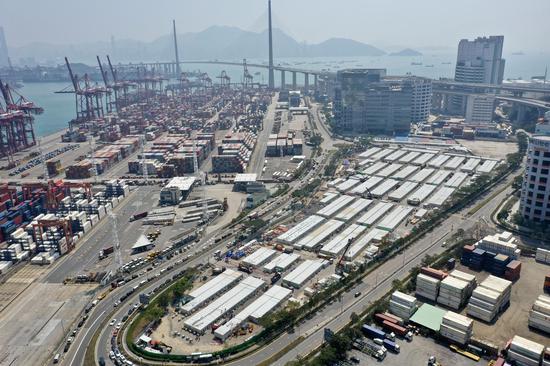
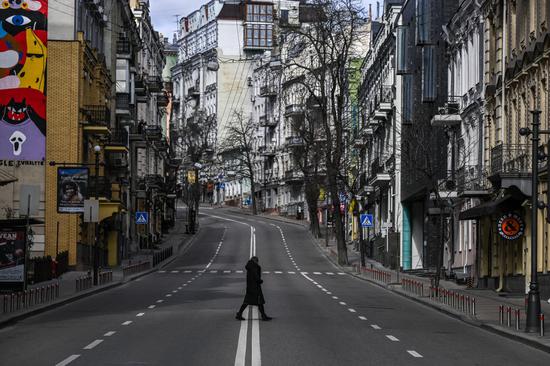





 京公网安备 11010202009201号
京公网安备 11010202009201号